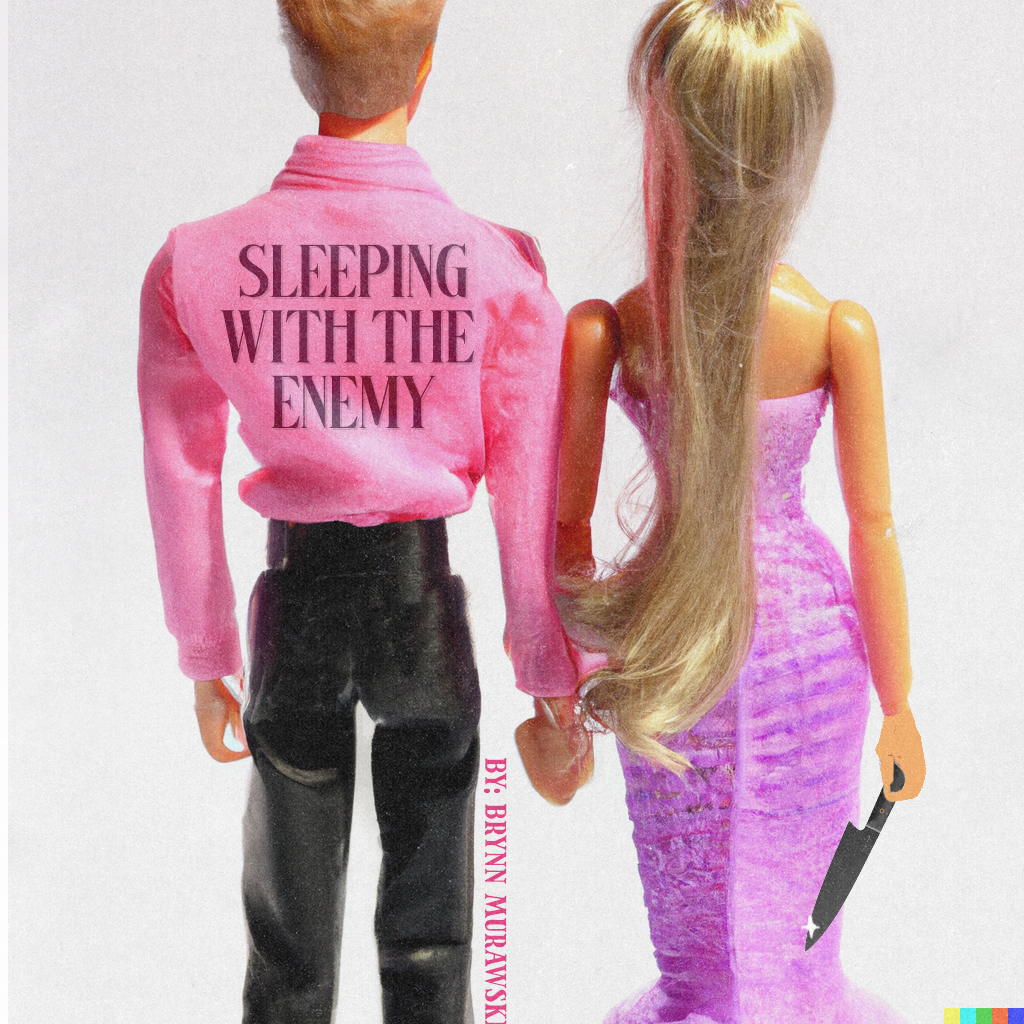Women being afraid of men seems like a more-or-less universal truth. Something to be whispered about between girls in bar bathrooms and something angrily criticized by men in comment sections. “Not all men.” “Stop being so dramatic.” “It makes us feel bad.”
It’s not as though we want to be afraid of them.
We don’t want to always be looking over our shoulder when walking somewhere alone, we don’t want to question a nice boy’s intentions, we don’t enjoy having a little voice in our head quoting the statistics and horror stories we have learned about our whole lives.
Because it’s true, for most girls we’ve been cautioned against men since we were little. Parents didn’t let us go anywhere alone with boys and police showed us videos in fifth grade where the victims were almost always girls, and the perpetrators almost always men. And the worst part is, none of these adults were necessarily in the wrong for warning us. The news wasn’t lying when it reported another woman murdered for saying “no,” a little girl abducted by male predators, a teen girl’s nudes spread across the internet by her ex-boyfriend.
Yet despite these horror stories, we still lived in a culture that made it easier for men to threaten, harass, and violate us. Nothing ever changed. We grew up, and soon the stories started coming from our friends, our sisters. Boys that lashed out when their girlfriends wouldn’t sleep with them, grown men cat-calling teenagers, hands in places they shouldn’t be. The stories started becoming our reality.
It wasn’t even just stories anymore, it was everywhere around us. It was growing up in the #MeToo movement and learning that your favorite stars were victims. It was Jess Mariano trying to sleep with Rory at a party in Gilmore Girls, and being so upset when she wouldn’t that he yelled at her– and still remaining the favorite boyfriend of many fans.
As much as it was a fact of life that women were afraid of men, it was a fact of life that men would act in terrifying ways. Often.
So, we were told to always stay vigilant. We were told to carry pepper spray, don’t walk with earbuds in, cover up, don’t go out late at night. But this fear is a lot to carry.
Because not only does it keep us wary on late night walks in mini-skirts, it makes us distrust our male friends and partners. What an insane amount of cognitive dissonance to be constantly reminded of how frightening men can be while also constantly encouraged to make connections, both romantic and platonic, with them. What a heavy thing to carry with you into a happy relationship, or a budding friendship. That voice in the back of your head, convinced they could suddenly snap into the villains you see on the news.
Of course I can’t speak for every girl, but I dare to say that at least a little bit of hesitance and fear is almost universal. And it’s not because I think this specific man I’m interacting with is actually secretly horrible, and it’s not because I think all men are bad. In fact, many men are amazing people who could change my life for the better, but it’s difficult to shake the nagging in my mind, the trauma that has been genetically coded into me (and for many people, actually experienced), the conditioning since before we even knew why a man would want to abduct a little girl. All of this to protect us, our fight or flight responses just trying to keep us alive. But why must it be so difficult to accept true vulnerability in relationships with men, and how can we fix it?
Of course, I could sit here and rattle off a thousand little mental-health-guru tips. Therapy, meditation, or journaling, all of which can be genuinely helpful to process trauma. But why does the responsibility have to be put on us, again?
No matter how much work we do on ourselves it won’t change the fact that we are living in a power structure that is conducive for abusive behavior to exist in men.
So the real solution isn’t just on women. It’s on parents to teach their sons how to be respectful and how to take “no” for an answer. It’s on the media to stop glamorizing abusive, reactive men, both fictional and celebrity. It’s on the men who are truly good, to understand that their friends, partners, sisters, and daughters’ fears have nothing to do with them as a person, and everything to do with the world we were brought up in.

No Comments.